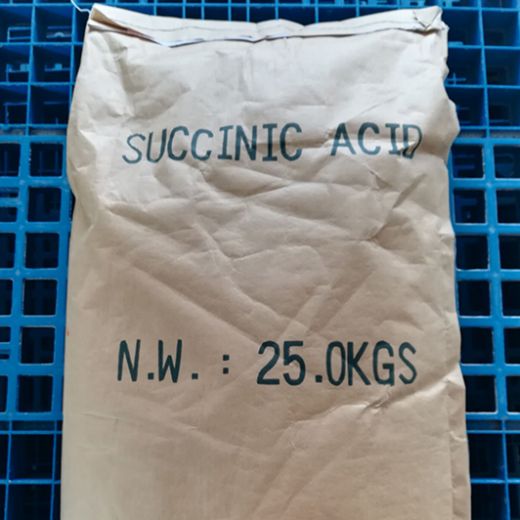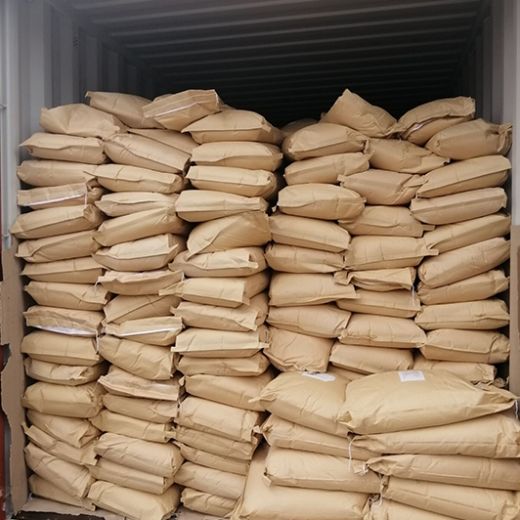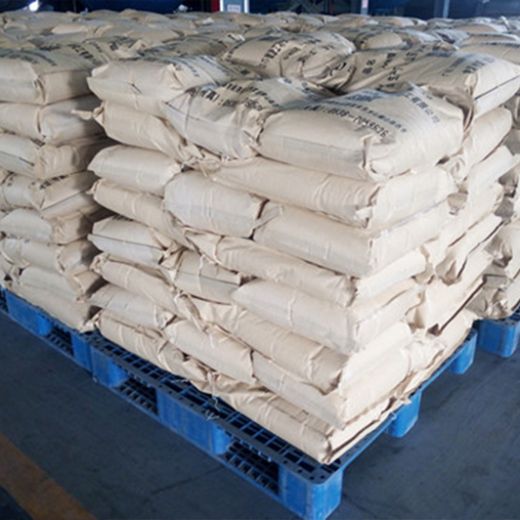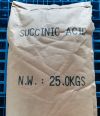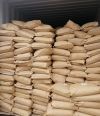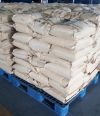
| Packing | 20'FCL With/Without Pallets |
| 25kgs/Bag | 18MT |
- Specification
- Feature&Application
- Plant Details
- FAQ
- Properties
-
Test Items
Specifications
Appearance
White crystal powder
Purity/%
NLT99.50
Sulphate %
NMT 0.02
Heavy Metal %
NMT 0.004
Melting point ℃
184.0-187.0
KMnO4 reduction
comply
Cl- %
NMT0.007
Fe %
NMT 0.002
As %
NMT 0.002
Clarity
Comply
Loss on dry %
NMT0.5
Ash %
NMT 0.1
-
Future:
Our product is of high purity and the supply capacity is large.
Application:
Succinic acid is used in the chemical industry to produce dyes, alkyd resins, glass fiber reinforced plastics, ion exchange resins and pesticides; in the medical industry, it is used in the synthesis of sedatives, contraceptives and cancer drugs; in addition, it can also be used in analytical reagents, food iron fortifiers, seasoning agents, etc.
-
Shandong FY chemical Co., Ltd.
Shandong FY Chemical Co., Ltd. is flying by Mining Group Co., Ltd.Shandong TF holding group co., LTD, the site is located in Xintai, Shandong Hi-tech Development Zone, covers an area of 40,000 square meters, with a total investment of 350 million yuan.
The company's main products are dimethyl carbonate (20,000 tons / year), 1.2-propanediol (16,000 tons / year), diethyl carbonate (8000 tons / year), propylene carbonate (30,000 tons / year), succinic acid (10000 tons / year),Sales of threeIs currently the largest domestic production base of succinic acid.



-
1. What is its main application?
Succinic acid is used in the chemical industry to produce dyes, alkyd resins, glass fiber reinforced plastics, ion exchange resins and pesticides; in the medical industry, it is used in the synthesis of sedatives, contraceptives and cancer drugs; in addition, it can also be used in analytical reagents, food iron fortifiers, seasoning agents, etc.
Practical application:
Soy sauce, vinegar, spicy soy sauce, seasoning soup (ingredients), pickles, sausage ham, surimi products and other food.
Scallop, also known as sodium succinate, is an effective component of amber, a classical Chinese medicine for calming Jing Xi Feng. It is also an intermediate metabolite of tricarboxylic acid cycle in vivo. Its chemical structure is similar to GABA and taurine in the brain, and has a variety of pharmacological effects. Its biological activities have been reviewed.
2. How many years we produced it, and what is its capacity?
It produced since 2017. And capacity is 5000mt annually.
3. What is plant location and nearest port?
It located in Shandong Xintai Economic Development Zone, Shangdong province, and nearest port is Qingdao port.
4. If document Support and audit available?
Yes, VQ and allied tech. package is available for serious client. Audit could be accepted for clients having business more than 1 year.
5. What other products are producing or plan to produce in this plant?
The main products are 20000 tons of dimethyl carbonate (DMC), 20000 tons of 1.2-propanediol (PG), 30000 tons of propylene carbonate (PC), 10000 tons of mixed carbonate (DXC), 10000 tons of high-purity diethyl carbonate (DEC) and 8000 tons of high-purity dimethyl carbonate.
-
Properties
Melting point:
185 °C
Boiling point:
235 °C
Density
1.19 g/mL at 25 °C(lit.)
FEMA
4719 | SUCCINIC ACID
refractive index
n20/D 1.4002(lit.)
Flash point:
>230 °F
storage temp.
Store at RT.
solubility
Soluble in ethanol, ethyl ether, acetone and methanol. Insoluble in toluene, benzene, carbon disulfide, carbon tetrachloride and petroleum ether.
pka
4.16(at 25℃)
form
Powder/Solid
color
White to off-white
PH
2.7 (10g/l, H2O, 20℃)
Water Solubility
80 g/L (20 ºC)
Merck
14,8869
BRN
1754069
Stability:
Stable. Substances to be avoided include strong bases, strong oxidizing agents. Combustible.
InChIKey
KDYFGRWQOYBRFD-UHFFFAOYSA-N
Safety Information
Symbol(GHS)
GHS05,GHS07Signal word
Danger
Hazard statements
H318-H303-H315-H335
Precautionary statements
P280-P305+P351+P338-P305+P351+P338+P310-P261-P280a-P304+P340-P405-P501a
Hazard Codes
Xi
Risk Statements
37/38-41-36/37/38
Safety Statements
26-36/37/39-37/39-39
RIDADR
UN 3265 8/PG 3
WGK Germany
1
RTECS
WM4900000
Autoignition Temperature
470 °C
TSCA
Yes
HS Code
29171990
Toxicity
LD50 orally in Rabbit: 2260 mg/kg



